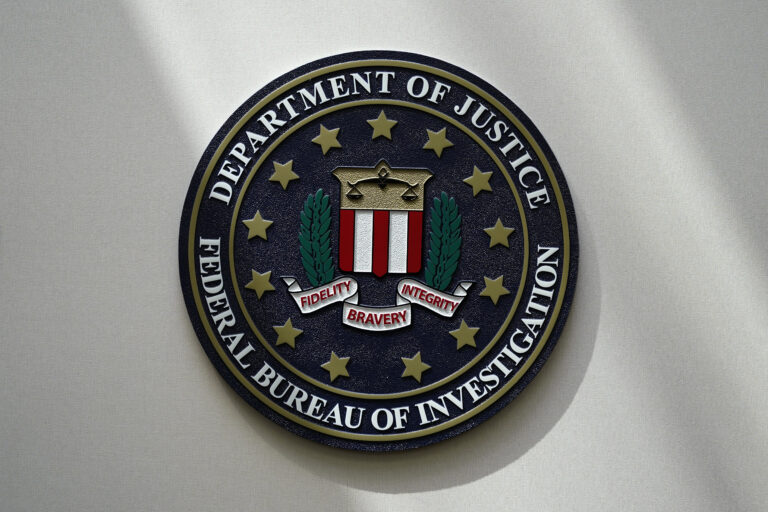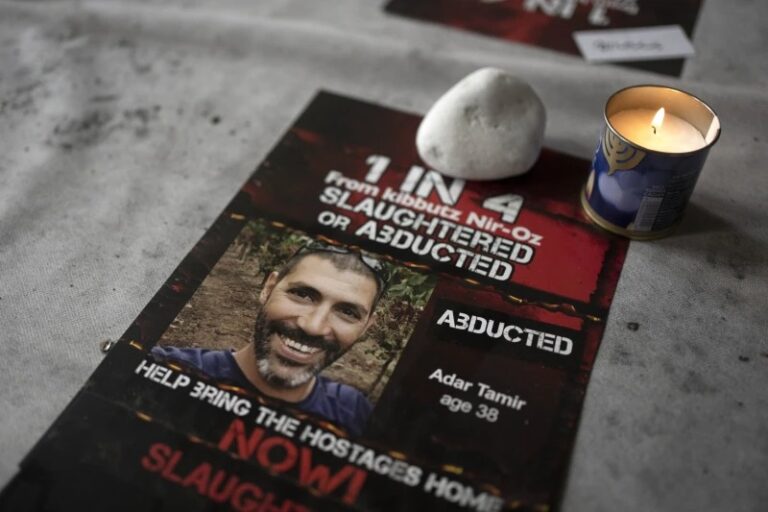 New York state’s kosher law-enforcement division has been gutted, sparking concerns in parts of the Jewish community that the cuts raise the risk of fraud in the billion-dollar-plus kosher-food industry.
New York state’s kosher law-enforcement division has been gutted, sparking concerns in parts of the Jewish community that the cuts raise the risk of fraud in the billion-dollar-plus kosher-food industry.
Under budget cuts instituted by outgoing Gov. David Paterson, the division’s eight inspectors and one assistant were laid off starting this year. Two other inspectors retired over the past year and weren’t replaced; only the division’s director remains. The division is part of the state’s Department of Agriculture and Markets.
The elimination of the jobs will save an estimated $1 million a year in salary, benefits and services, such as computers and cars, according to a spokeswoman for the department.
Several lawmakers, Jewish leaders and kosher businesses are lobbying incoming Gov. Andrew Cuomo to restore the cuts. A spokesman for Mr. Cuomo couldn’t be reached for comment.
Those who advocate reinstating the inspectors note that the cuts affect not only Jewish consumers, but a growing non-Jewish population of people who eats kosher food, including Seventh Day Adventists, Muslims and individuals with dietary restrictions.
“New York is the largest kosher market in the United States, so we hope that the government can find some place within the budget to, if not maintain the entire department, at least maintain some part of it,” said Rabbi Menachem Genack, chief executive officer of the kosher division of the Orthodox Union in Manhattan.
“We understand very well given the budget restrictions… but there is still a need to protect the kosher consumer,” he added. “It’s not a religious requirement, the issue here is fraud.”
State Sen. Carl Kruger, whose district in Brooklyn includes a large Orthodox Jewish population, called the cuts “offensive.”
“The need is obvious and the concern is real,” he said. “The unscrupulous tactics that some merchants might take dealing with kosher compliance puts the community in a very precarious position in terms of being able to authenticate and feel a comfort level when something is said to be kosher and actually is kosher.”
Some say the effective elimination of the division means less since its power was diluted after it lost a law suit challenging the constitutionality of its standard.
The federal suit, filed by a Long Island butcher, claimed the standard discriminated against non-Orthodox purveyors and rabbis. The litigation caused the department in 2004 to rewrite its law. That law was challenged again by the same butcher and remains in litigation.
Jessica Ziehm, a spokeswoman for the department, said under the new law the inspectors effectively stopped doing inspections and instead monitor grocery stores and restaurants to ensure they are complying with an information disclosure act that requires consumers be provided with information on the person or organization certifying food as kosher.
“It basically is to ensure that the information is being disclosed,” said Ms. Ziehm. “We don’t inspect the meat to see if it’s kosher. We ask them to tell us who certified that meat to be kosher.”
But inspectors say their work is key to uncovering violations.
Andrew Wolpin, 55 years old, of Brooklyn, is one of the inspectors who was laid off. He said to ensure that a restaurant or store was in compliance he would look at logs, invoices and call kosher certification companies. In one instance, he discovered a Manhattan restaurant that was falsely claiming its meat was kosher. In another, a gift-basket company was claiming its food was certified by Star-K, a kosher certification firm, when it wasn’t.
“Now that there’s no kosher enforcement it’s going to be the Wild West and people will do whatever they feel like,” said Mr. Wolpin.
State Sen. Toby Ann Stavisky, whose Queens’s district includes a large Jewish population, said with only eight inspectors left, the cost savings wasn’t much. “This is not a lot of money,” she said. “I think the public has a right to be protected.”
(Source: WSJ)






5 Responses
No disrespect to Mr. Cuomo, but I’ld rather have the gedolim be in charge of kashruth. As we see from the situation in Eretz Yisrael, he who pays the fiddler calls the tune, and want our rabbanim to be the one’s calling the tunes for us.
Isn’t the hashkachah supposed to be doing this leg work and ensuring that the food is kosher?
People you cant just eat somewhere because it says “Kosher”
you must know the name on the dusty old kosher certificate on the wall.
if you do not ask your rabbi!
i have asked in the past in regards to restaurants and catering halls and received answers like “Anyone who cares at all about kashrut would not eat in this place”
you must trust the establishment you eat in…
The point here is that anyone could slap an O-U or a Star-K (see gift-basket company in above article) on a product & if no on is there to ensure the validity of the information then we could never rely on a Kosher symbol. We don’t need NYS to provide kosher hashgacha. We need them to make sure no one makes false claims.
OU and STAR-K are responsible for preventing the abuse of their trademark, as are all trademark holders. When the government is involved, they have to accept any hecksher as kosher since they can’t get involved in halachic issues. In other words, the government must accept a conservative or reform hecksher (which check for such things as whether the product was produced by unionized workers and otherwise political correct leftist criteria).
The best approach the government can take is to not get involved, and let the frum Jews handle our own matters.
The point of this agency was to ensure that claimed kosher products & establishments were indeed kosher according to some standard. The same way the government has other regulatory agencies in place, they could have this. The good they have done for kosher cannot be denied. Lets not forget, this agency is not in place for the people who know anything about kashrus.